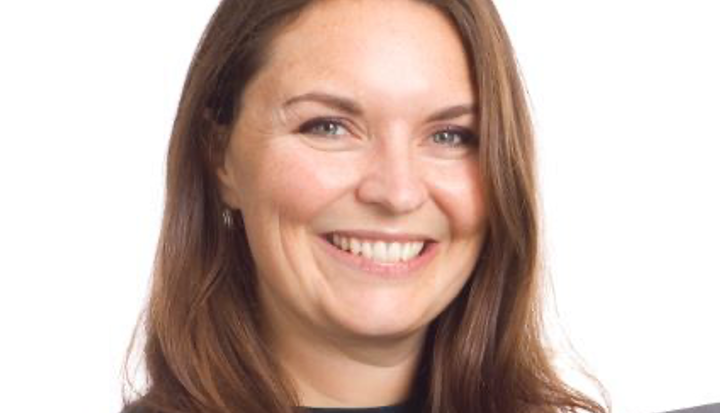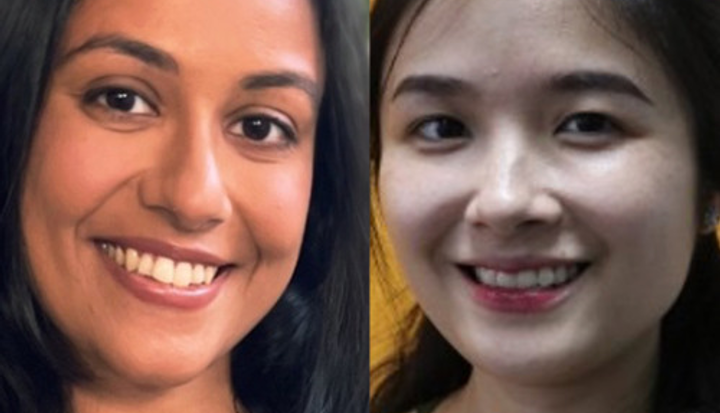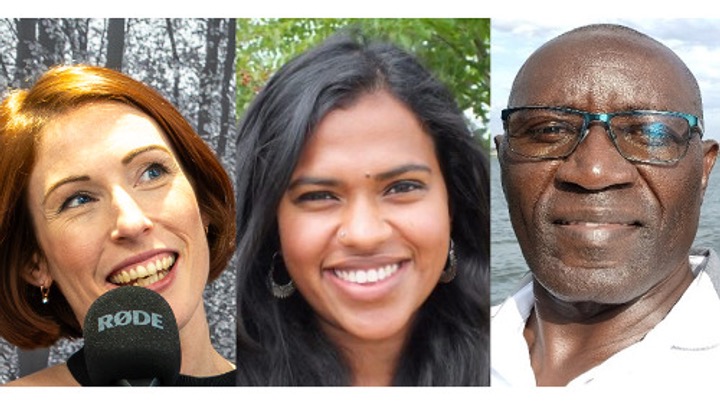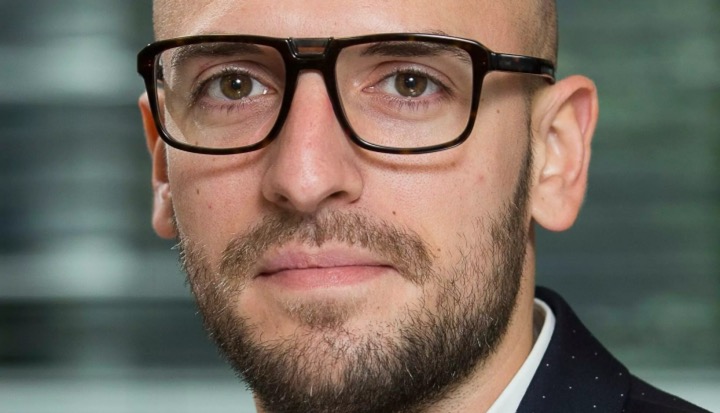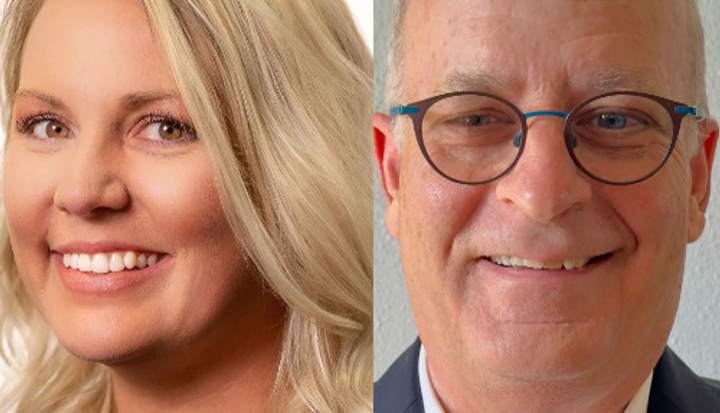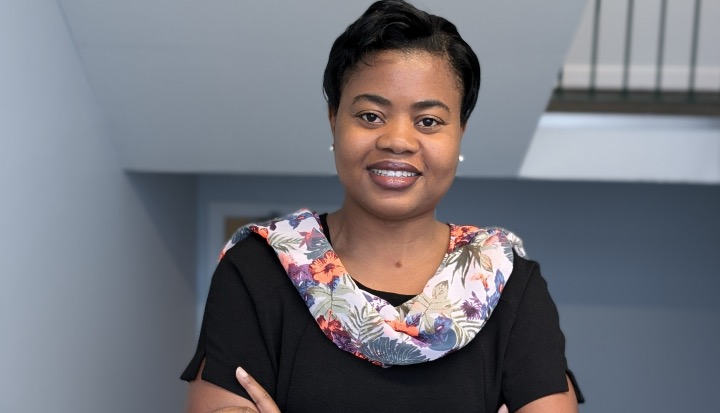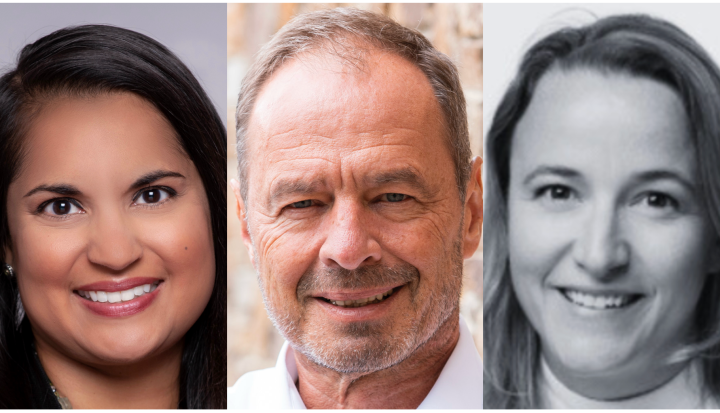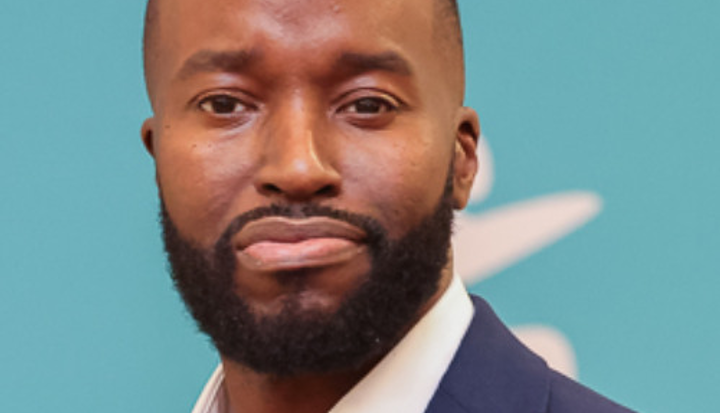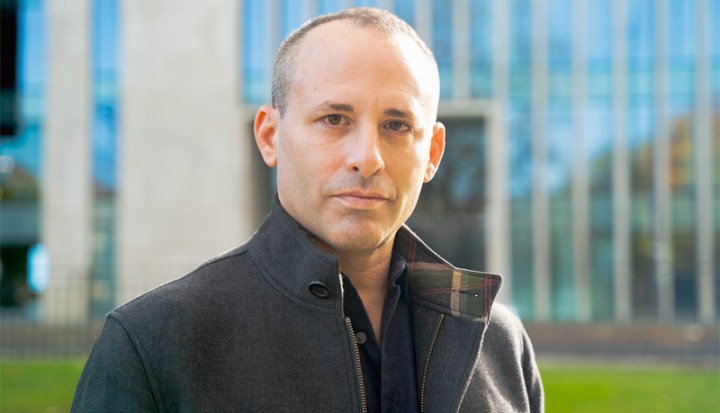Laura Kelly was until recently Team Leader for DFID’s Business Engagement Hub. With a career in sustainable development, her previous roles include: ActionAid, where she led their agriculture and trade policy work and The ONE campaign, where Laura was the European Policy Director. With degrees in agriculture and international development, Laura has also written and lectured on trade and development, as well as being part of the UK Delegation at WTO, G20 and G8 negotiations.
BFP: Why is business important to the UK Government’s Department for International Development (DFID)
Laura: DFID has a mission, to help countries move away from reliance on aid. As the private sector is the driver for economic development; businesses of all sizes, from multi-national corporations to small and medium sized enterprises, can contribute to sustainable development.
Our Prime Minister for example recently visited a number of countries in Africa promoting private sector engagement; fostering responsible and inclusive business. Business engagement is an important part of governing and policy development across all UK Government’s Departments.
Equally, DFID is a donor agency – we are experts in political and social economics; business provides important insight for us: we must listen, learn and understand from the business experts in economic and commercial development.
BFP: What does your role as Leader of DFID’s Business Engagement Hub entail?
Laura: Within DFID, my business engagement is often done on a programmatic basis. For example our ‘Business Innovation Facility’ works alongside companies to help them explore and advance new solutions to development issues. Airbus for instance is testing drones to deliver healthcare products in hard to reach places, whilst Barclays, Sainsbury’s and Unilever are trialling the application of blockchain to create transparency in supply chains.
Doing business responsibly is also vital to the UK’s prosperity. This is another area I work on. For example we have an ‘Ethical Trading Initiative’ – which aims to help business move beyond legal requirements and adopt best practice approaches. Modern Slavery is something we have been working hard on. We want to help companies learn how to address this in a very practical way.
BFP: How do you encourage sceptics that businesses can be a force for good?
Laura: Companies increasingly see their long-term viability hinged on environmental and social issues.
Companies doing this also tend to have good worker relationships and therefore are more likely to be here in the future.
The UN’s Sustainable Development Goals, for example, cannot be achieved by one sector acting alone. We all need to work together. Businesses are already showing that they can help to drive change, beyond legislative adherence. Companies such as M&S and Unilever have not only public commitments to delivering positive social change but are also being measured transparently on their efforts.
BFP: Where do you see the greatest opportunity for lasting socio – economic development?
Laura: I see two levers for change and lasting socio-economic development:
- For me the UN’s Sustainable Development Goals (SDGs) are a great tool to mobilise people: The Millennium Goals showed us how successful getting focused can be. We made huge strides in, for example, life expectancy. I really hope the ‘2030 Goals’ will exceed expectations.
We now need a renewed push and more collaboration, to achieve the targets. I am so glad that the SDG’s explicitly call out the need for more collaborations and partnerships [#17]. Virtually everything that Dfid does is in partnership.
At Dfid we’re currently working on the targets and monitoring aspects: we’ll be delivering our first ‘Voluntary National Review’ next year and we are a strong supporter of the ‘World Benchmarking Alliance.’
- The increasing importance of social and environmental factors to investors: BlackRock CEO, Larry Fink’s annual letter to all his major investment companies could make for real and lasting socio-economic shifts.
BFP: What three trends are you seeing?
Laura: The three trends in sustainable development and business that I am very aware of are:
- The change in corporate behaviour to be more social and environmentally focused: Large companies need to attract and retain talent. Millennial employees are rating environmental, social and governance issues as important factors in their decisions about who to work for, and businesses are responding. The work that Business Fights Poverty and the League of Intrapreneurs are doing shows this [The Social Innovation Systems Challenge]. People who would have once gone to NGOs or the public sector in order to work for organisations who share their values are now finding their ways into business.
- Short termism: When even Trump is saying: “Stop quarterly reporting and go to a six-month system.”[via his twitter feed on 17th August 2018] I think and hope it is about time for business to really shift to a longer-term outlook.
- The role of the Internet and social media: There is so much information available, and yes we might be midst a lot of ‘fake news’ talk, but the increased availability of information is a great way to make sustainable development accessible and meaningful to many more people.
BFP: What is your ask to those reading this interview?
Laura: I have two asks:
- Evidence based policy making is essential: The Business Fights Poverty network makes a real difference when we can have two-way information exchanges. So my first call to action is please share your stories and do feedback, whatever sector you are from, on what Dfid should be doing more of.
- Sign up to the UN SDGs: Businesses should be equal partners in the SDGs – it’s in their interests not others. The Business Compact and their ten principles, I do believe, is something we want to grow and spread. At the moment they have 9,500 businesses signed up, there are many more businesses than that registered in the UK alone. I would like to know how we can all work together to get more companies thinking about and engaging with the UN Sustainable Development Goals and make that number much higher?
BFP: And what would be your advice to others just starting out in their career?
Laura: Ultimately I would love to do myself out of a job, for us to solve poverty. Sadly, I think there will be much work to do in this space for many more years to come. My advice to others: Development is a great area to work in, there are more opportunities now than ever before and ways to contribute beyond working for NGOs or government – you can create real impact through working for business.

